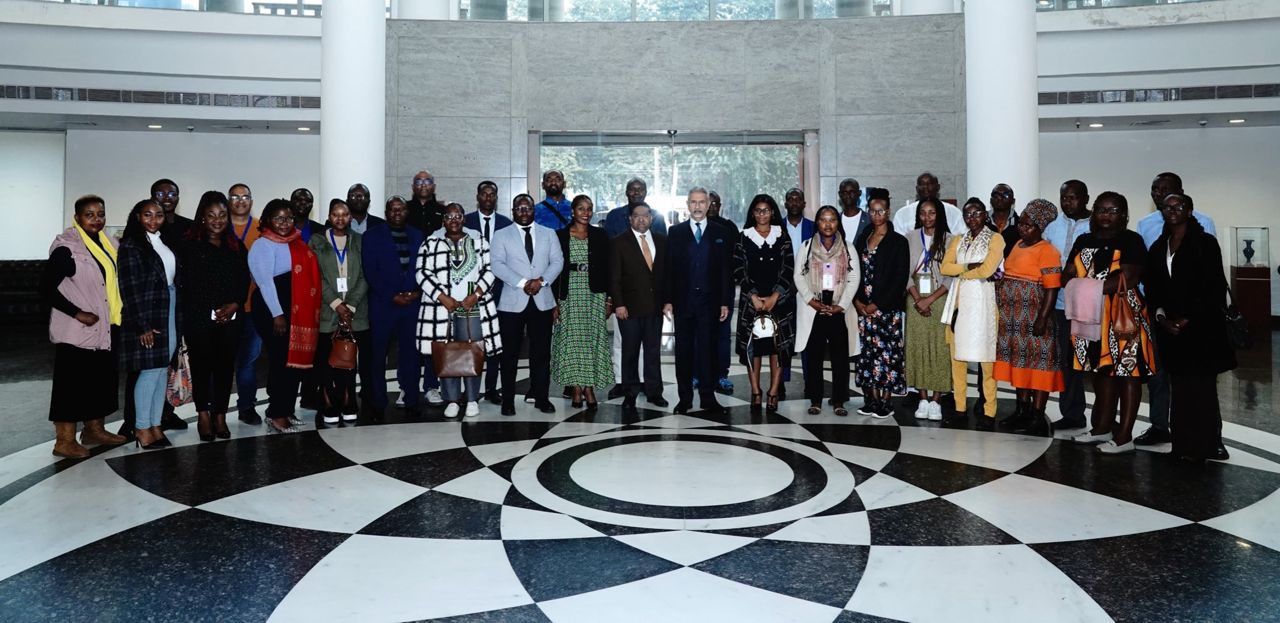LONDON – Latest numbers show foreign investors have steered well clear of North Africa during the ‘Arab Spring’ uprisings this year, and there is little prospect of a swift return.
Data from Unctad, the United Nations’ development agency, suggests that foreign direct investment (FDI) in the region has all but dried up.Corporate decision-makers fear there are risks to ownership of private sector companies such as those apparently facing Chinese and Russian oil companies in Libya.Such direct inflows – as opposed to portfolio investment – are often the lifeblood of emerging economies, taking various forms including, buying into existing businesses or starting up something completely new.In a report issued in July, Unctad said there were only four inward cross-border mergers and acquisitions in the region in the first five months of this year as the uprisings were getting under way. That compares with an average of around 20 for each full year in the preceding six years. There was no value available for the four, but inward M&A over the previous six years had an average annual value of around US$5 billion.In a similar vein, Unctad found that so-called greenfield foreign direct investment to revolution-wracked Egypt fell by 80 per cent in the first four months of this year versus a year earlier.Greenfield investment involves the creation of business operations rather than simply M&A with existing firms.TARGETSLibya could be among the big immediate losers in terms of FDI.The Unctad data shows it to have been one of the largest targets of FDI in the whole of Africa in recent years. It attracted US$3,8 billion in all forms of FDI in 2010, the latest year for which Unctad has data. That puts it in a small group of plus US$3 billion countries that also comprises Egypt, Nigeria and Angola. Neighbours Egypt and Tunisia had US$6,3 billion and US$1,5 billion in FDI, respectively.Many analysts expect questions about stability in the region, particularly Libya, to continue for some time.Investment bank Nomura, for example, sees little prospect of Libyan oil output returning to pre-crisis levels until 2013 at the earliest. At the same time, the Libyan rebels’ relations with the outside world could start having an impact on investment.Abdeljalil Mayouf, information manager at Libyan rebel oil firm Agoco, told Reuters on Monday, that Russian and China, countries that failed to back the rebels, could lose out in terms of business opportunities.Unctad reckons, meanwhile, that while the uprisings are hurting North Africa economically in the short run, they should eventually create benefits. – Nampa-Reuters
Stay informed with The Namibian – your source for credible journalism. Get in-depth reporting and opinions for
only N$85 a month. Invest in journalism, invest in democracy –
Subscribe Now!







